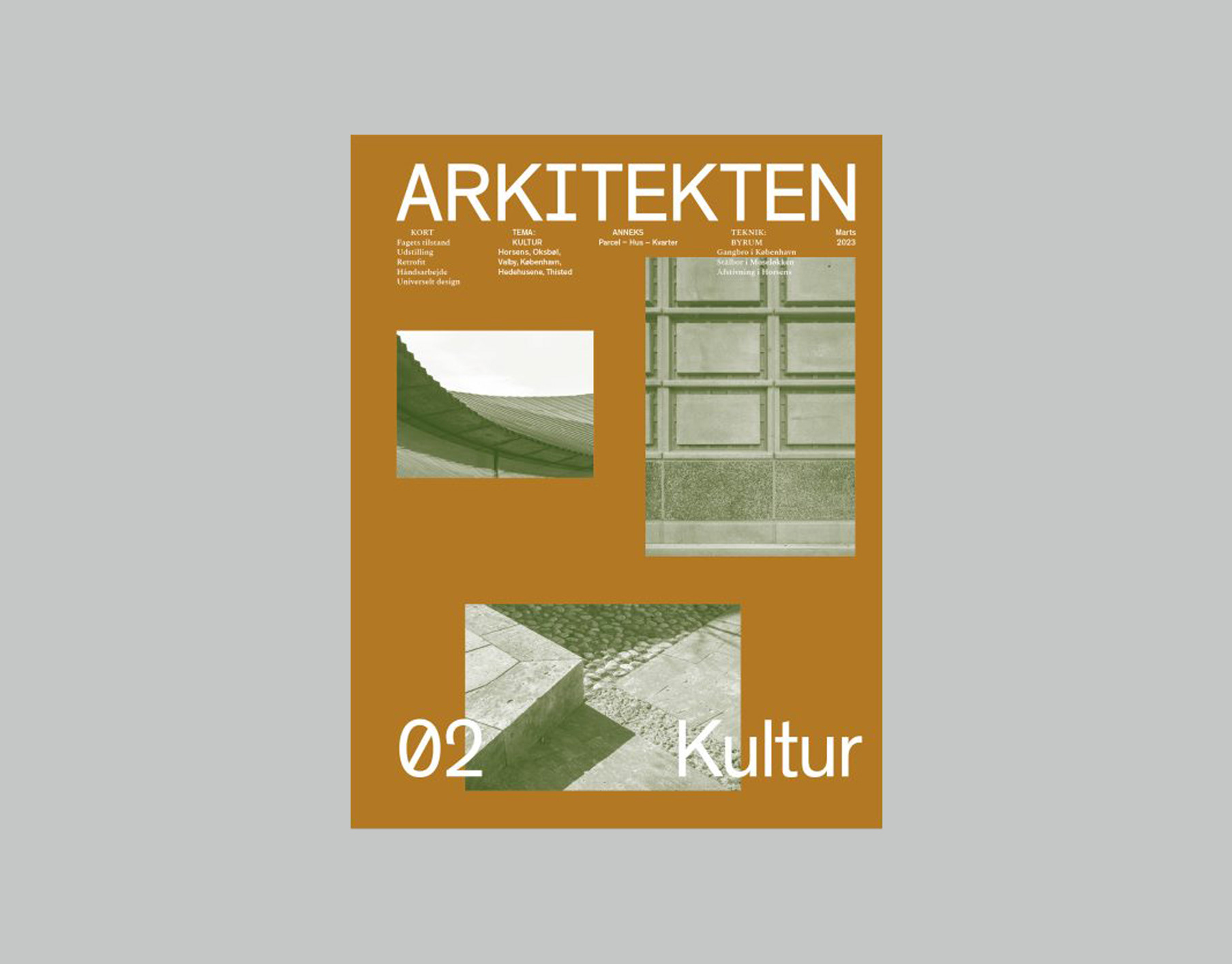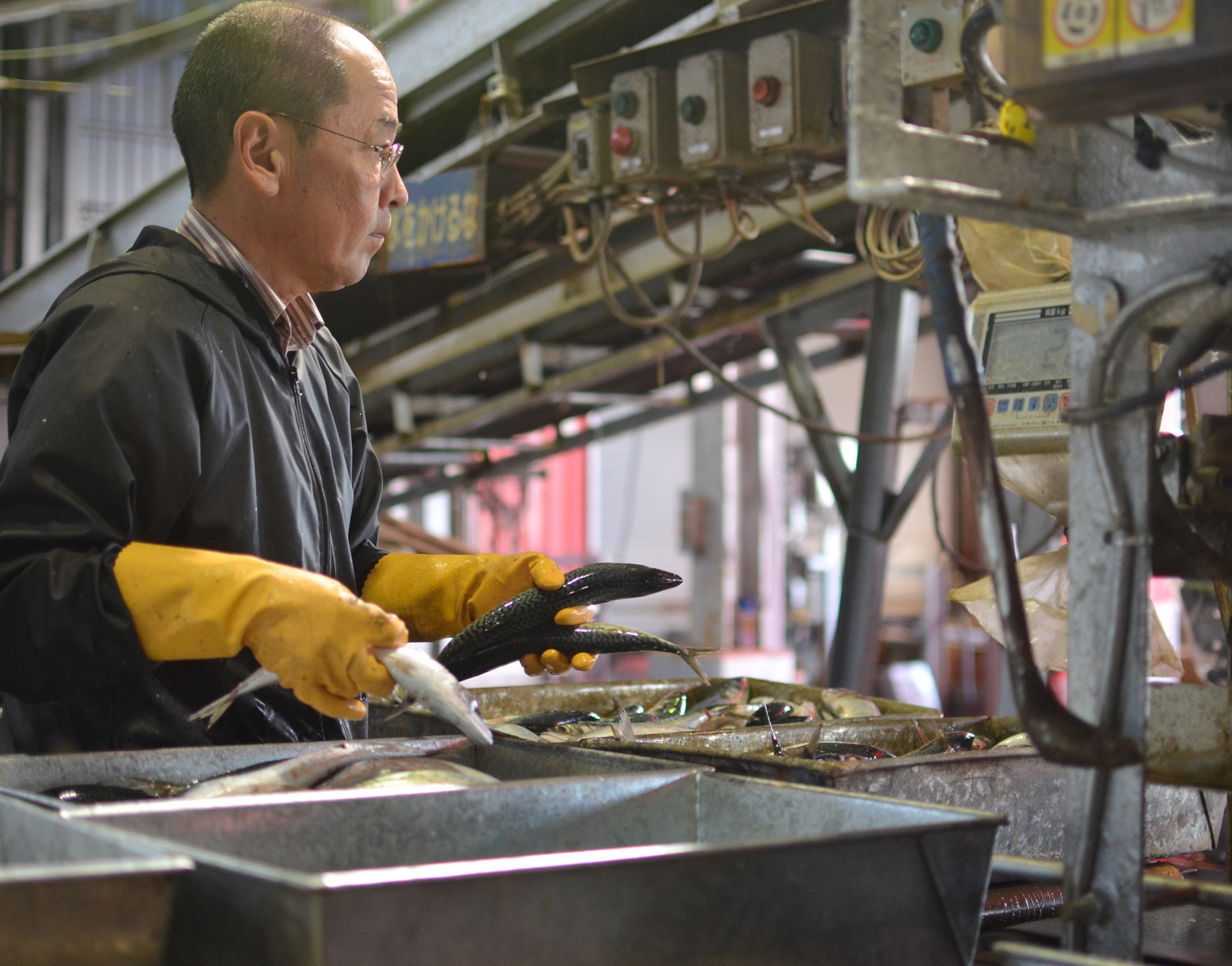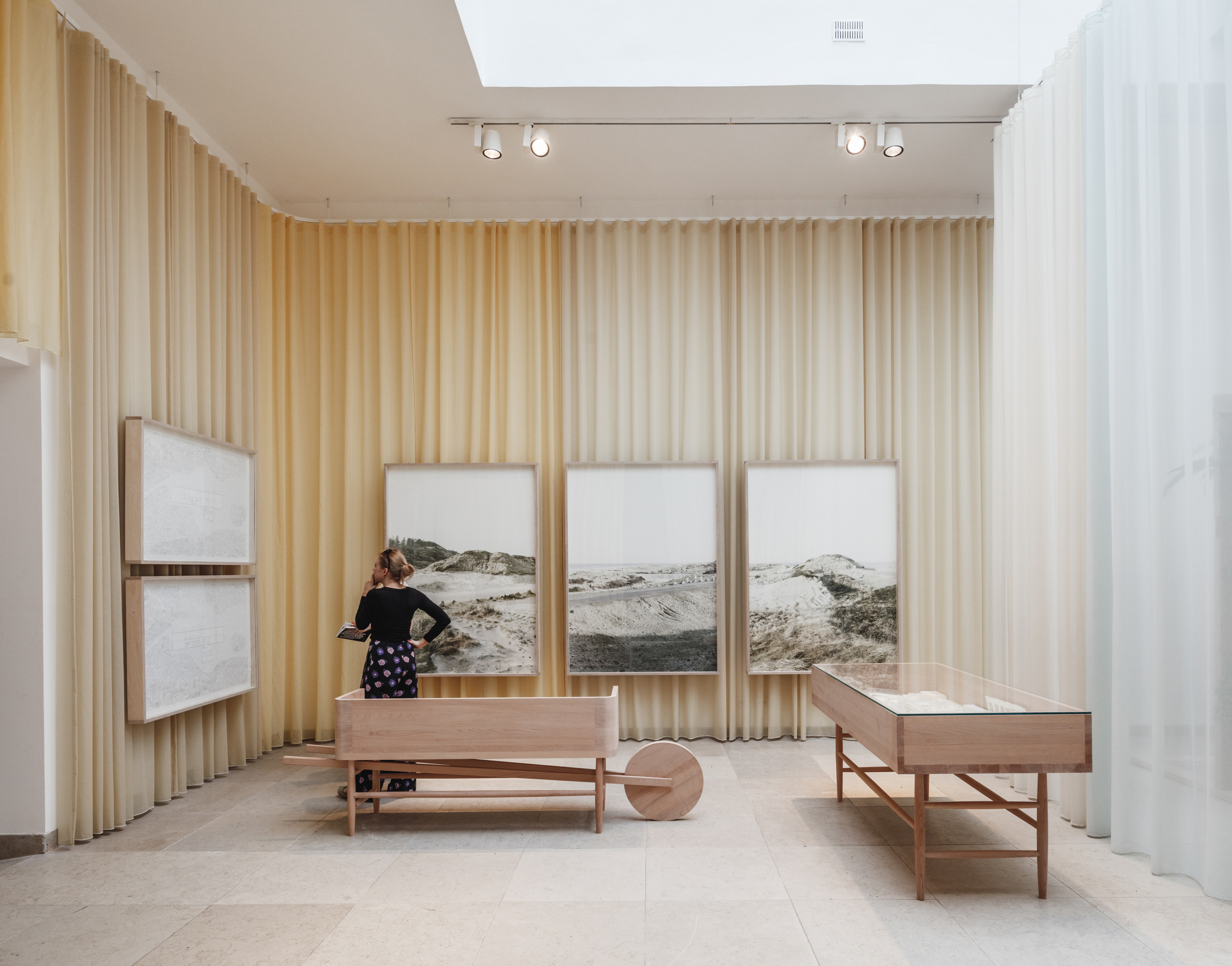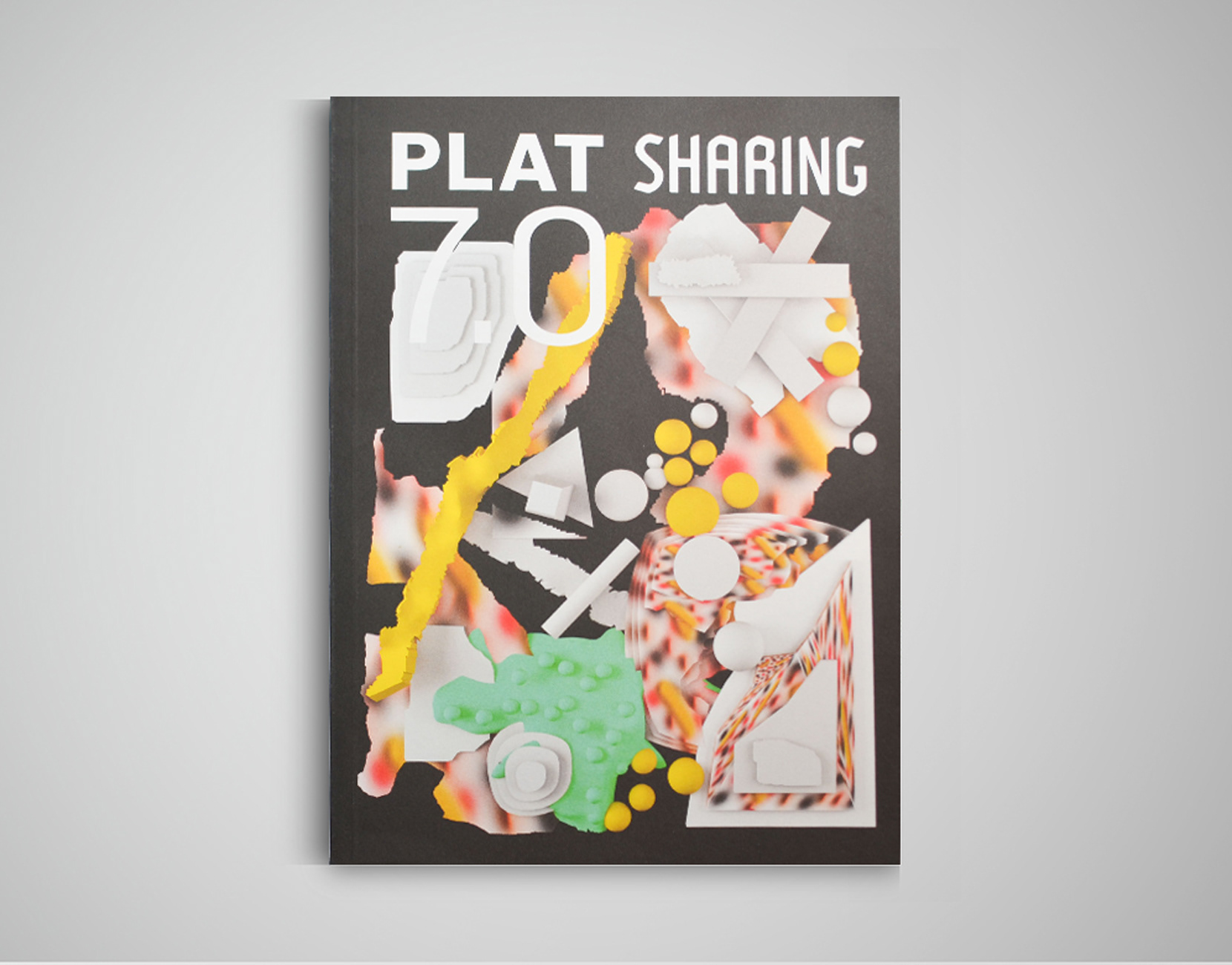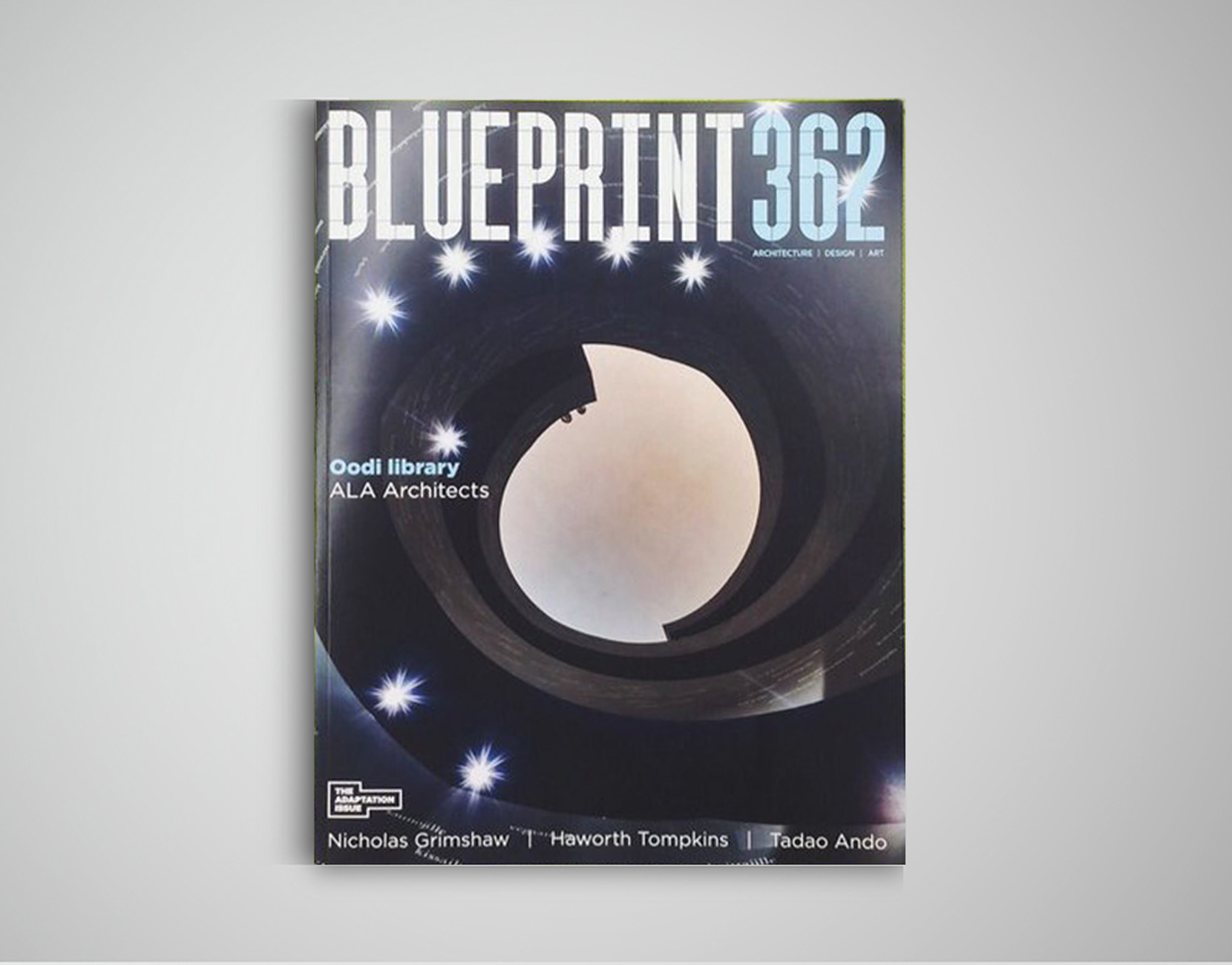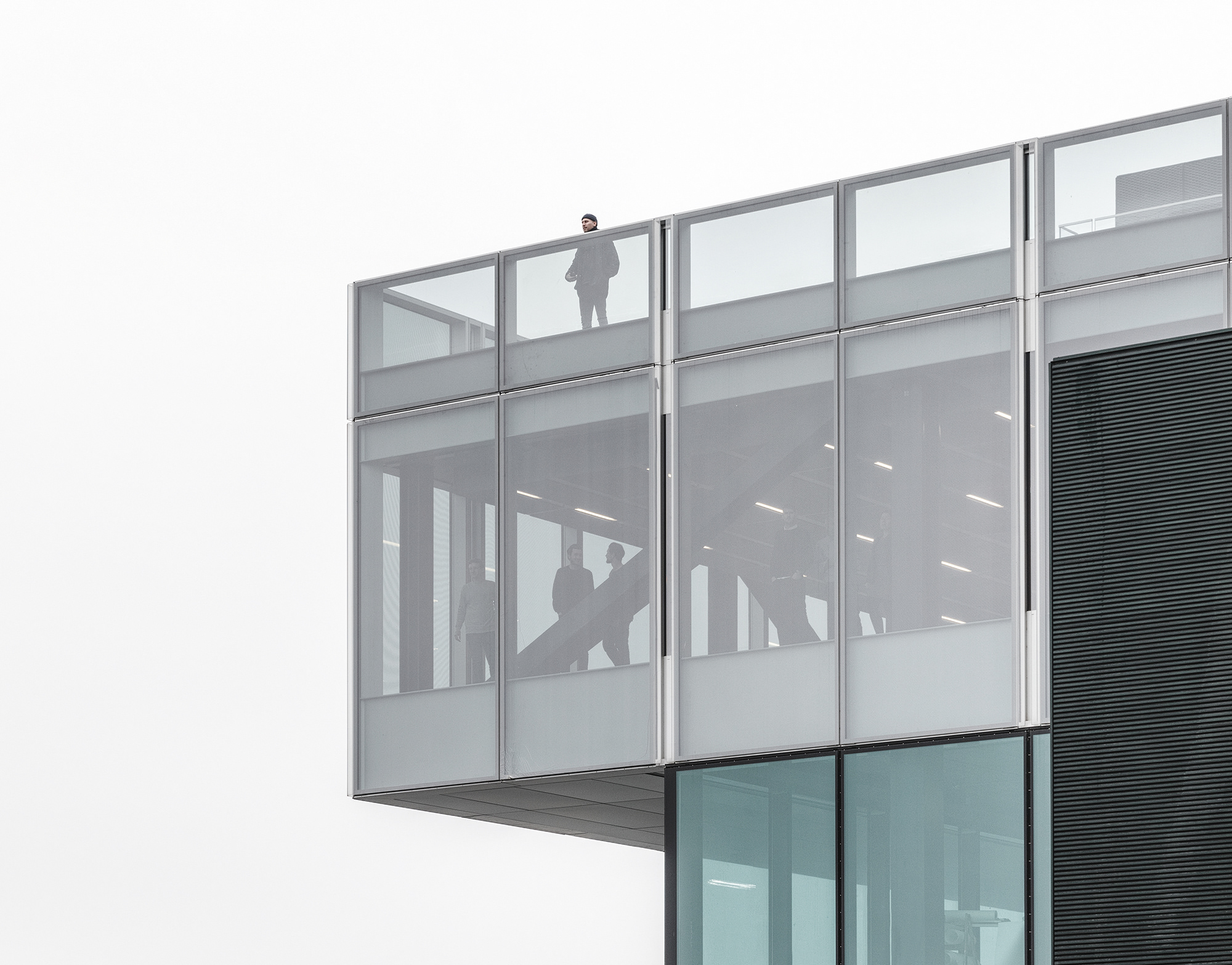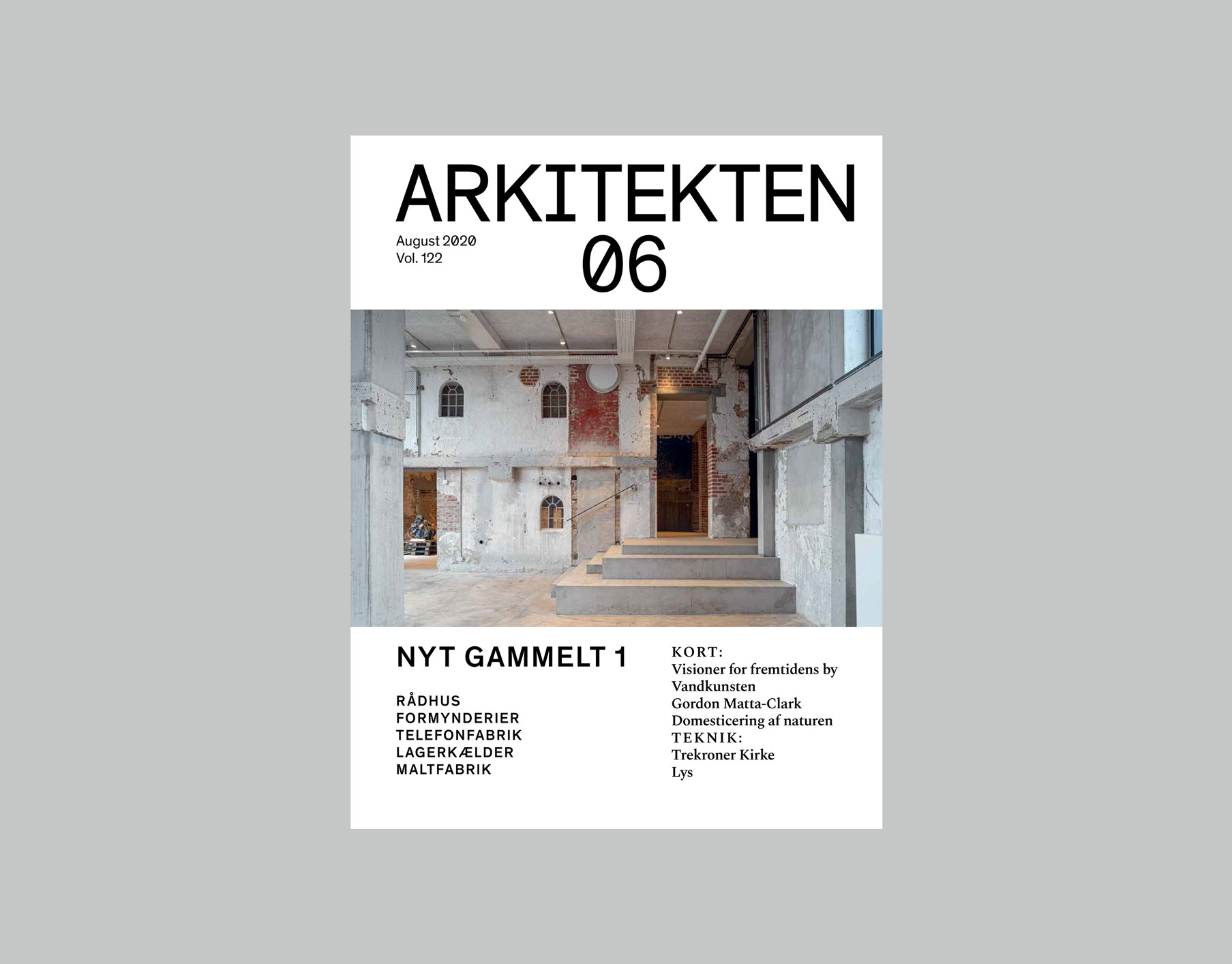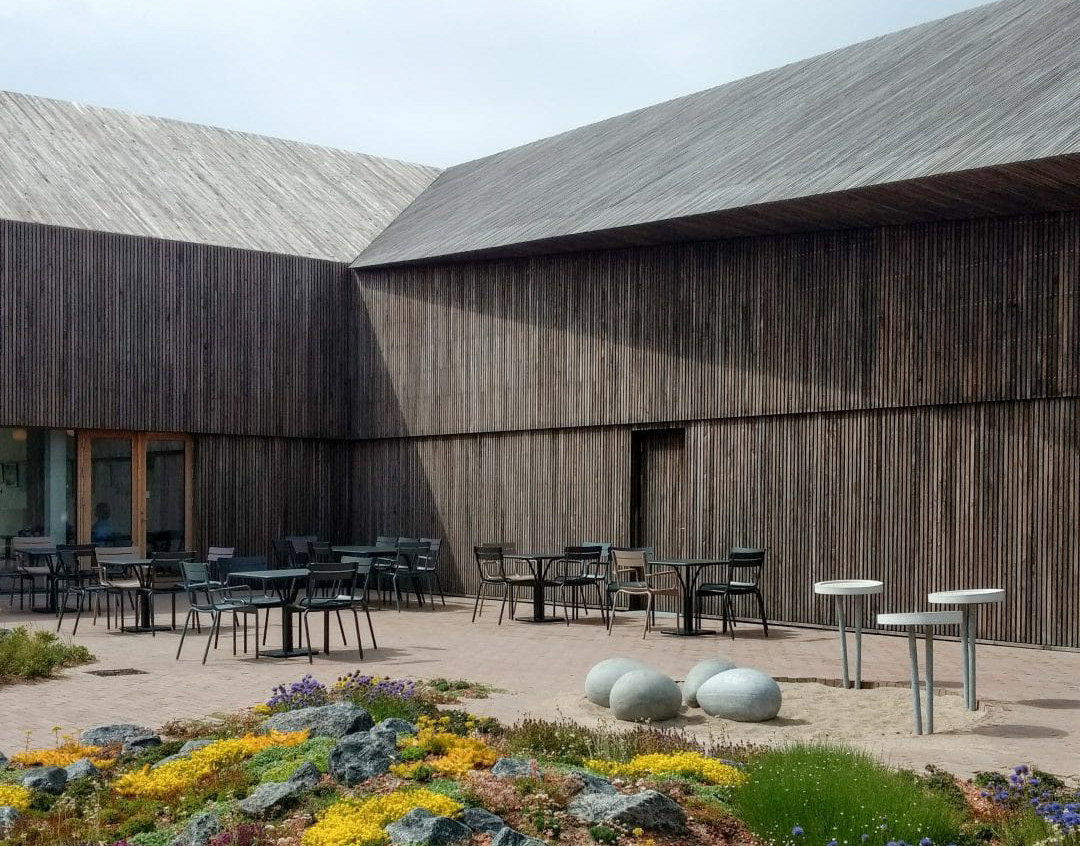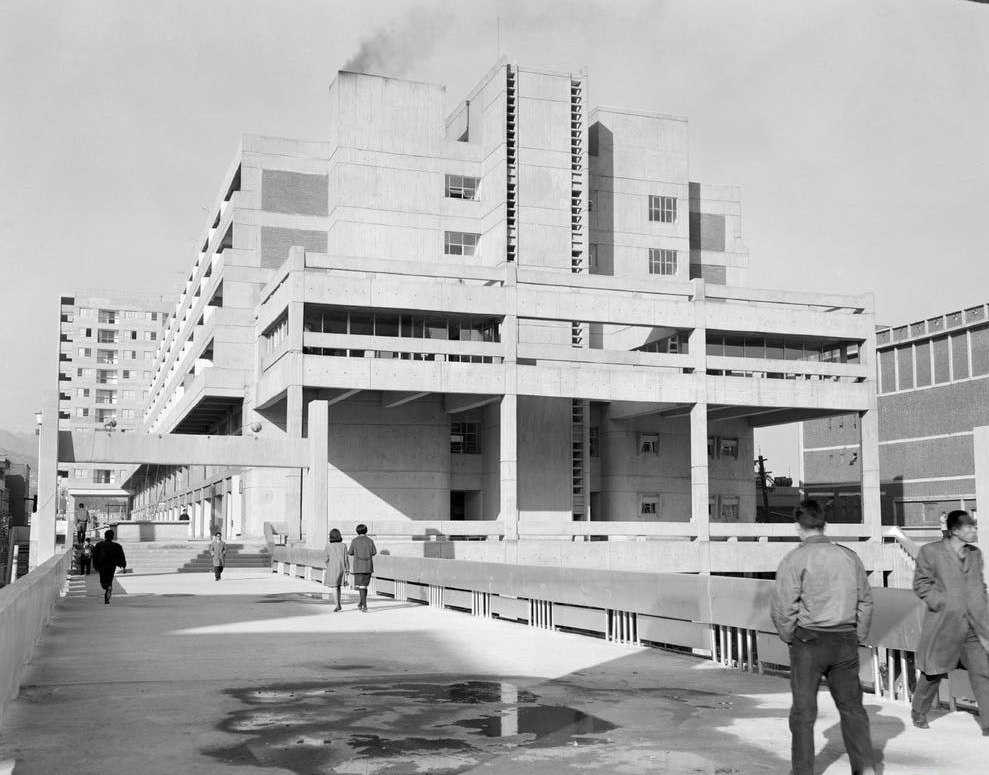Published in Bauwelt 14.2020 - July 2020. Language: German
Danish architecture firm Lendager Group specialise in material upcycling, searching for potential in the 11.7 million tons of construction materials discarded each year in Denmark alone. They consider this ‘waste’ material to be a valuable resource, and have developed a rich portfolio of projects that showcase innovative ways of using it anew. Many of these ideas are manifested in Upcycle Studios - a series of townhouses in Southern Copenhagen that reimagine material use from first principles.
Considering that approximately half of a building’s whole-life CO2 emissions originate from the construction process and in the production of its material components, Lendager Group are right to emphasise that a building’s performance is only half of the problem. This is affirmed by the fact that the building industry must decarbonise with immediate effect if it is to limit its significant contribution to global warming, and can not afford to depend solely on gradual carbon savings made over a building’s lifespan. With this in mind Lendager Group focus their energy on material development and specification, and here set out to analyse each one of the project’s building components in turn, evaluating its whole-life performance against a strict set of parameters. The result is Upcycle Studios, a composition of repurposed and upcycled materials, each with its own history and narrative but reimagined in their new purpose to provide flexible housing for residents of Copenhagen’s Ørestad district.
Lendager Group’s investigations covered all manner of building components, but focused on those that offered the most significant gains - the structure, the cladding and the glazing.
Considering that concrete is one of the construction industry’s most carbon intensive materials and long overdue a rethink, it is striking how much concrete has been used in the Upcycle Studios project. But this 1400 tons of concrete is ‘upcycled’, using concrete waste from the construction of the Copenhagen metro (a project that is intimately connected to Ørestad’s planning, and was largely financed through the area’s real estate development). This forms of the shell of the building, and joins a growing number of projects that show how new techniques can maximise the recycled content of concrete while maintaining its structural efficiency and flexibility.
The timber used for floors, walls and facades is a collection of offcuts and surplus material from Danish flooring manufacturer Dinesen. Resulting from a close collaboration between supplier and specifier, this allowed timber ‘waste’ to be utilised rather than incinerated as would otherwise have been the case. By tapping in to supply chain inefficiencies, Lendager Group have found materials that offer a high level of craft and quality while remaining affordable.
75 percent of the project’s windows come from abandoned buildings in North Jutland, Denmark, forming a patchwork facade of glazing around the entrances to each townhouse. These windows are timber framed rather than aluminium, selected because the production of timber windows is much less energy intensive, and also as their frames can easily be reconfigured. To meet modern insulation standards the frames have been retrofitted with recycled double-glazing, and these upcycled windows save ‘as much as 95%’ of the CO2 usually released in the production of windows.
These are all materials that would have ended up in landfill, or an incineration plant, if they hadn’t of been upcycled and put to use in the construction of the townhouses. Coupled with an efficient envelope and on-site energy production, these careful specifications help to drastically improve the building’s whole-life energy performance, with a projected reduction in total CO2 emissions of 60 percent over 50 years. This is made more significant by the fact that Upcycle Studios is a commercial project, defined by market conditions and designed for scalability, rather than a one-off ‘sustainable’ project that has less conflicting demands to fulfil. In this way, Lendager Group are keen to emphasise that the project provides a blueprint for ‘incentivising sustainable living’ at scale.
Lendager Group promote this construction methodology as the key to a bold new architectural aesthetic, and one that anticipates an urgently needed and ultimately inevitable shift within the industry. Their commitment to the cause is evidenced by Lendager UP, a subsidiary of Lendager Group that works specifically with resource optimisation and upcycled product development. This collaboration has been key to a number of their other projects, including Resource Rows, a project in which 1sqm brick and mortar modules were cut from abandoned buildings and composed as new facades, as well as Upcycle House, a holiday home that also utilises surplus wood from Dinesen and a structural frame made from upcycled and fire treated timber.
Beyond the project’s material innovation, Lendager Group advocate Upcycle Studios as a new model for shared living, which seeks to find a balance between commonality and individuality as ‘the community thrives best if there is space for the individual.’ Advocating principles of the sharing economy as well as the circular economy, the 20 townhouses are designed to maximise flexibility for their inhabitants, with resources that can be shared and spaces that can be transformed to suit diverse needs. This logic prioritises access over ownership, and provides generous spaces for shared living in addition to private accommodation. The result is a a series of flexible spaces that can be used as offices, rental property, workshops or a multitude of other user-defined activities, with each townhouse able to be divided and shared in different ways. Much like their approach to material use, Lendager Group emphasise the economic motive of this ‘sharing’ and its potential benefit for both ‘owner and consumer’.
Lendager Group are pragmatic with the economic forces shaping their projects, and claim that Upcycle Studios shows how ‘we can decouple growth from emissions by looking at local waste as a resource, and making sustainability and growth each other’s prerequisites.’ While the growth paradigm should not be taken as a given, the project is significant in its commitment to scalability, guided by the understanding that processes of material upcycling need to be rapidly expanded. To this end, Lendager Group have sought multiple alternative uses for the materials they have developed, with close attention to the affordability and viability of these new products. While Upcycle Studios is impressive in its efforts to put material reuse into practice, it is Lendager Group’s design methodology that has the potential for a much wider impact, pointing to a future where material innovation and upcycling, rather than waste, are the industry’s new norm.
